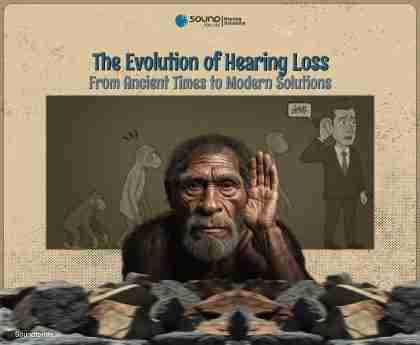A key component of our perception of the environment is hearing. It enables us to hear nature, connect with loved ones, appreciate music, and be conscious of our environment. However, what occurs if we begin to lose that capacity? Will we be able to regain our hearing? When they see changes in their hearing, many people ask themselves that question. In this blog, we will discuss different types of hearing loss, their causes, and if they may be restored in this blog. We’ll also examine helpful therapies and the positive outlook that new research offers for the field of hearing health.
What Is Hearing Loss?
You have hearing loss, when you are no longer able to hear sounds as clearly as you used to. It might be something little, like missing portions of a discussion, like not being able to hear anything at all, or something more serious. Some people have hearing loss from birth, while others may experience changes over time. People of all ages are affected, and it can occur in one ear or both. Hearing loss may affect day-to-day living, regardless of its causes such as aging, disease, trauma, or loud noises, but being aware of it, is the first step in getting the necessary support and assistance.
What are different types of Hearing Loss?
It is important understanding the different types of hearing loss to determine whether it is reversible or not:
Conductive Hearing Loss:
Issues with the middle or outer ear might result in Conductive hearing loss. Earwax accumulation, ear fluid, infection, or an eardrum perforation are few examples of Conductive Hearing Loss. It is curable with medical intervention and this type of hearing loss is often temporary.
Sensorineural Hearing Loss:
Damage to the inner ear or hearing nerve results in Sensorineural hearing loss. This type of hearing loss is often permanent. Common causes of this hearing loss include head injuries, loud noises, ageing, and some medications.
Mixed Hearing Loss:
A combination of sensorineural and conductive hearing loss is known as mixed hearing loss. The causes determine the course of treatment.
What are the main causes of Hearing Loss?
A person may lose their hearing for a variety of reasons:
- Age: As we age, our hearing begins to deteriorate. We refer to this as presbycusis.
- Noise: The microscopic hair cells in the inner ear can be harmed by loud noises.
- Ear infections may result in fluid accumulation and transient hearing loss.
- Injury: Hearing loss may result from head trauma or ear injury.
- Earwax: Too much wax in the ears can block them and impair hearing.
- Genetics: Hearing issues can be inherited or develop as a result of family history.
- Medication: Some drugs can damage the ears and result in hearing loss.
Can Hearing Loss Be Reversed?





The answer to this question depends on the kind and cause of hearing loss. Let’s examine each of them:
Earwax: Restoring normal hearing may be possible if earwax is obstructing the ear canal by removing it.
Infections: If there is some kind of ear infection it can be treated by using the right medicines to restore hearing.
Ear fluid: This can be managed with medication and the fluid drained.
Foreign Objects: Removing an object stuck in the ear might resolve the issue.
Eardrum Injuries: In some cases the eardrum may occasionally heal naturally or might require surgery in severe cases.
Permanent or irreversible Hearing Loss
Can Hearing Loss Be Reversed?
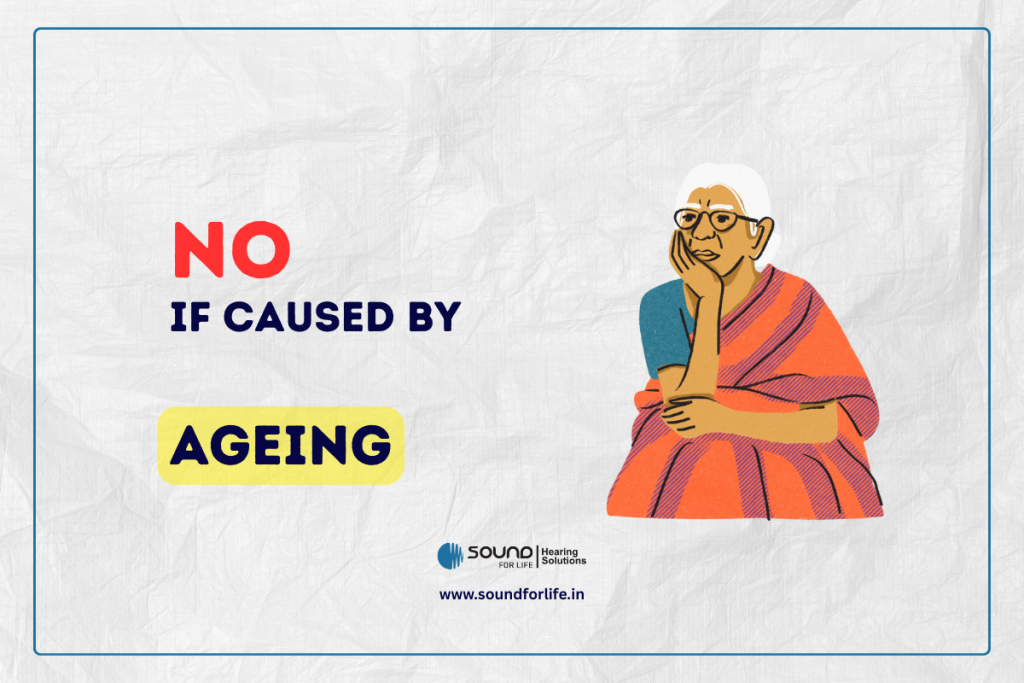
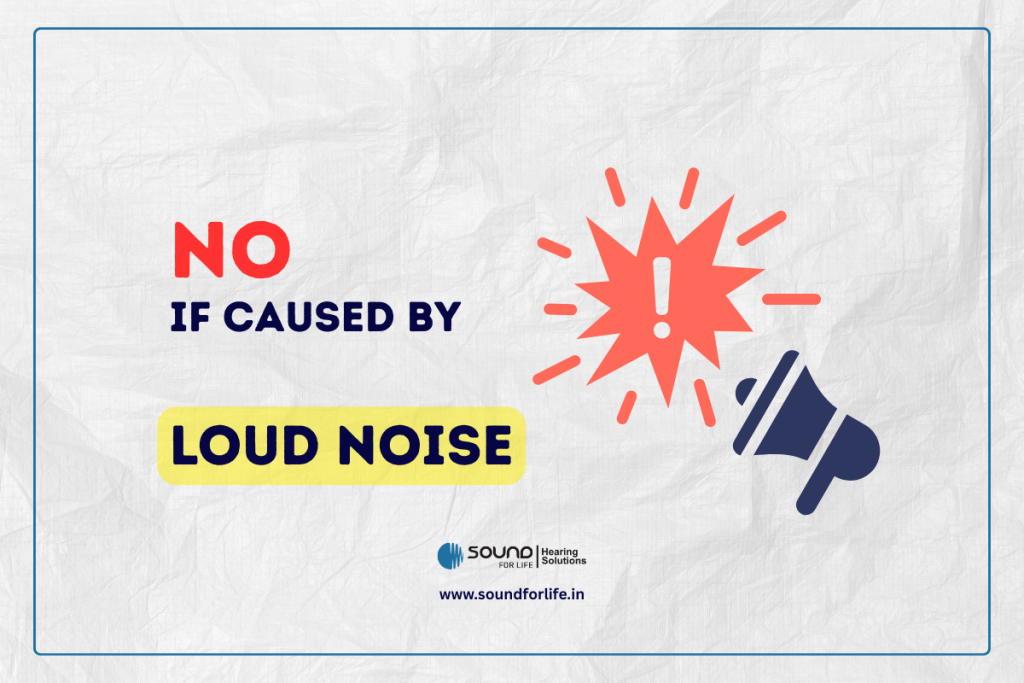
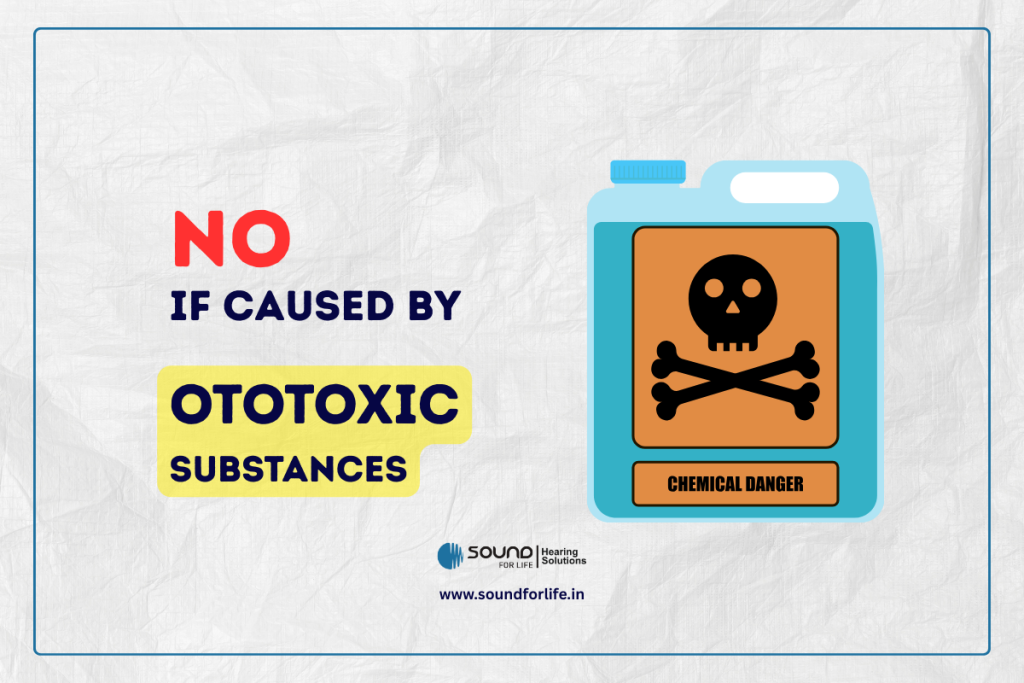
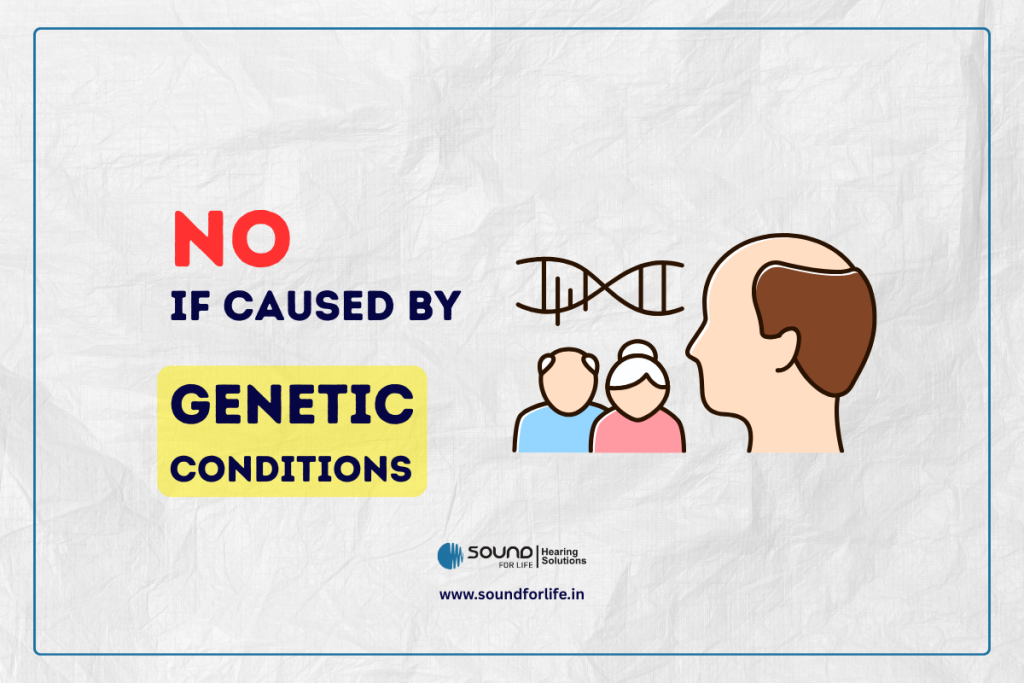
Damage to the auditory nerve or inner ear results in permanent hearing loss. This type of hearing loss usually cannot be treated or reversed. Common reasons for permanent hearing loss include:
Ageing: Normally hearing often deteriorates as we age over time. This type of hearing loss occurs as a natural process and it cannot be reversed.
Loud Noise: Prolonged exposure to loud noises may cause long-term harm to the sensitive ear structures which may result in permanent damage.
Ototoxic Substances: Certain drugs or chemicals have the potential to harm the ear and result in permanent hearing loss.
Genetic Conditions: It is typically impossible to restore hearing caused by inherited problems.
What are the best treatments for Hearing Loss?
Even while certain types of hearing loss cannot be reversed, there are methods and resources that can be useful:
1. Hearing Aids
Tiny electronic devices that can be worn behind or in the ear.
They help you hear clearly by improving and sound louder. This device is beneficial for those suffering from sensorineural hearing loss.
2. Cochlear Implants
A tiny electronic device that is surgically inserted into the ear. This implant is helpful for those who are deaf or have severe hearing loss.
3. Surgery on the Ears
Surgery can be used to treat certain forms of conductive hearing loss.
For instance, patching an eardrum hole.
4. Medications
Steroids or antibiotics can be used to treat inflammation and infections.
5. Supporting Technology
People with hearing loss can live better lives with the use of devices like subtitles, warning systems, and amplified phones.
How Hearing Loss Can be prevented?
As there is a saying -Prevention is better than cure, likewise it is always better to protect your hearing than to try to fix it later. We can follow some simple methods to preserve our hearing and to keep our ears healthy.
Avoid Loud Sounds: Wear ear protection in noisy places.
Keep Volume Down: Don’t listen to music at full volume.
Clean Ears Gently: Don’t use sharp objects in your ears.
See a Doctor: Get regular ear check-ups.
Treat Infections Quickly: Don’t ignore ear pain or discharge.
Avoid Ototoxic Drugs: Ask your doctor if any medicines you take are harmful to your ears.
What Does New Research Mean for the Future of Hearing Loss?
Researchers are constantly developing new ways of treatments for hearing loss. Among the fascinating studies are:
Gene Therapy: May be able to address hereditary hearing issues.
Stem cell therapy: May aid in the regeneration of damaged inner ear hair cells.
Hair Cell Regeneration: Scientists are working to figure out how to rebuild back the microscopic cells that give us hearing.
Although they are not currently widely used, these therapies may alter the way that hearing loss is treated in the future.
If hearing loss is caused due to the damage to the inner ear or nerves, it may be permanent or irreversible.
However, Hearing loss can be reversed if the reason is something as simple as an ear infection or earwax accumulations. People with hearing loss may, nevertheless, lead happy and fulfilling lives with the support of several resources and therapies. Furthermore, there is always hope for improved solutions in the future thanks to fresh research and technology.
Don’t delay if you believe you have hearing loss. Consult a physician or an expert in hearing. Early intervention can have a significant impact.
So, the topic of this blog, Is Hearing Loss Reversible? The answer would be – Yes, it is sometimes.




